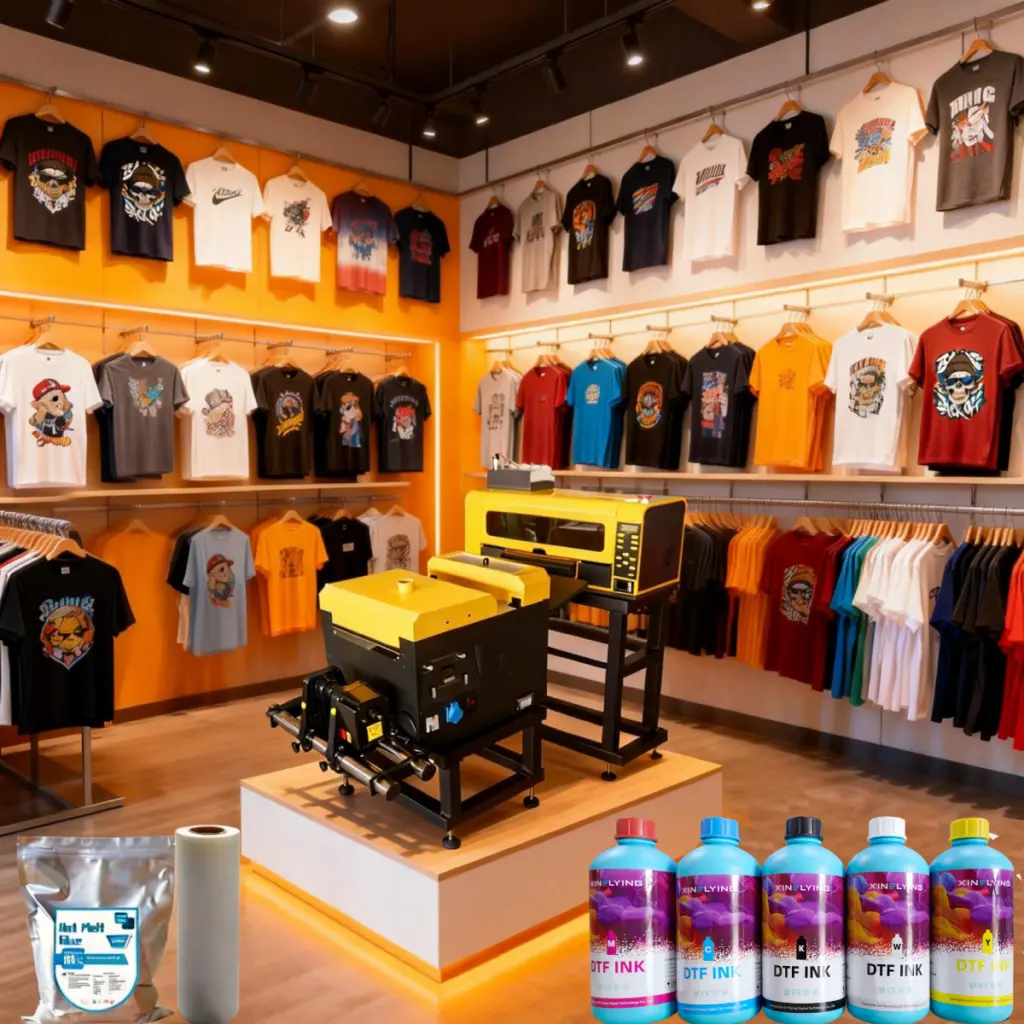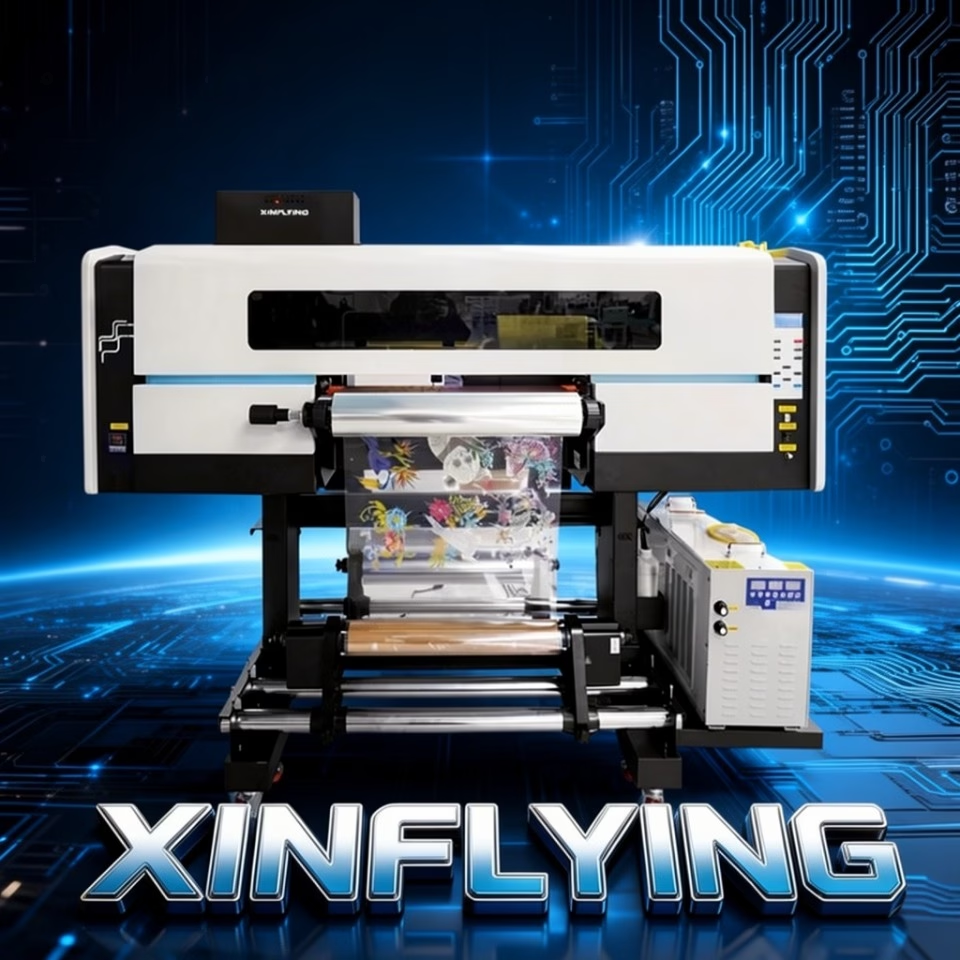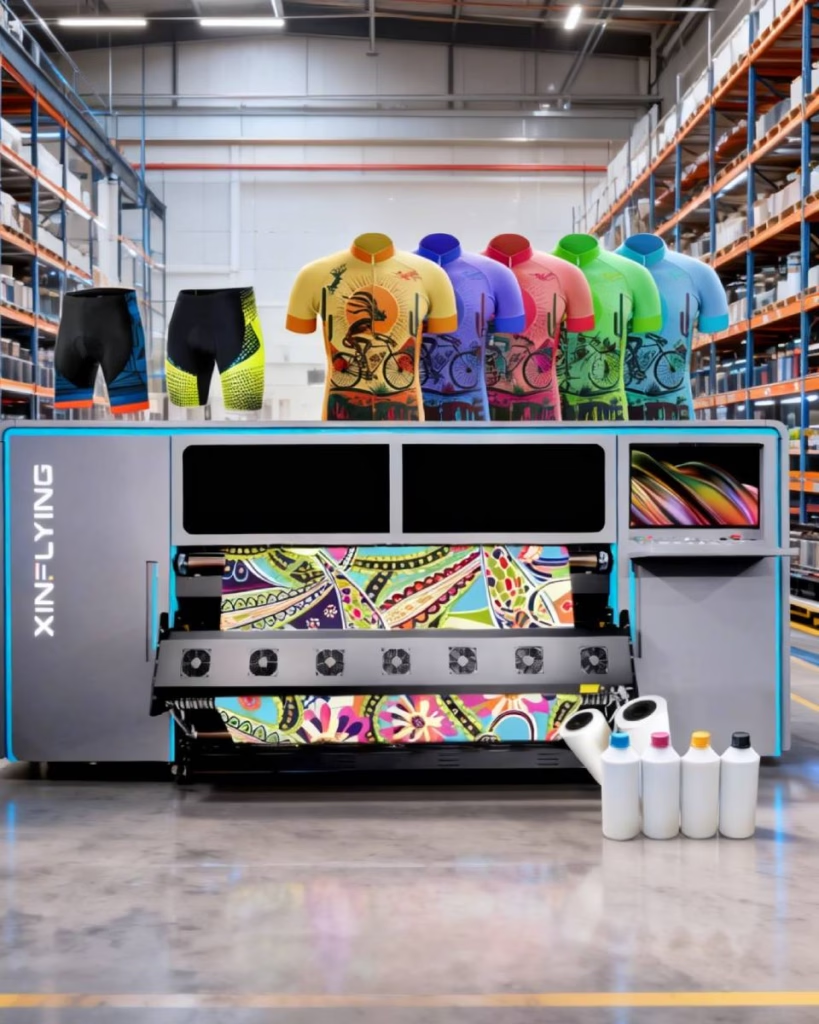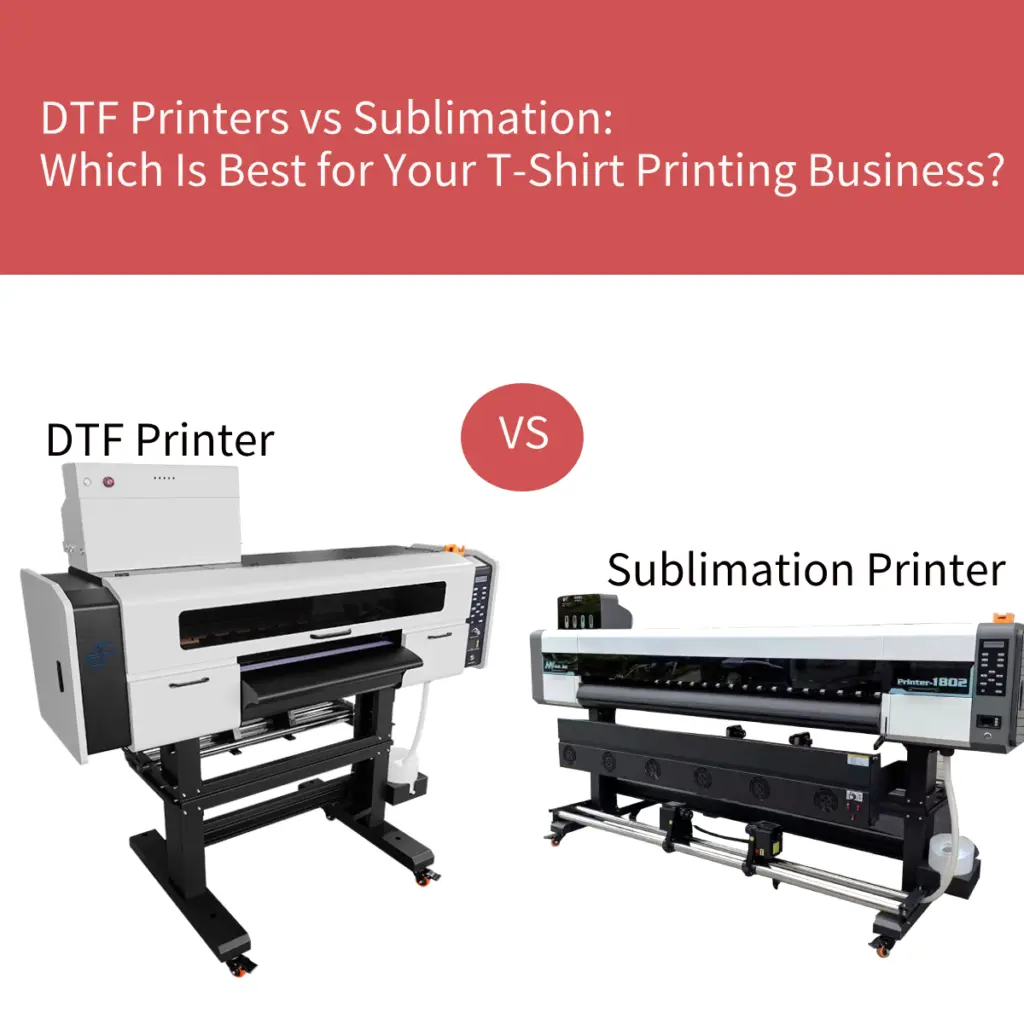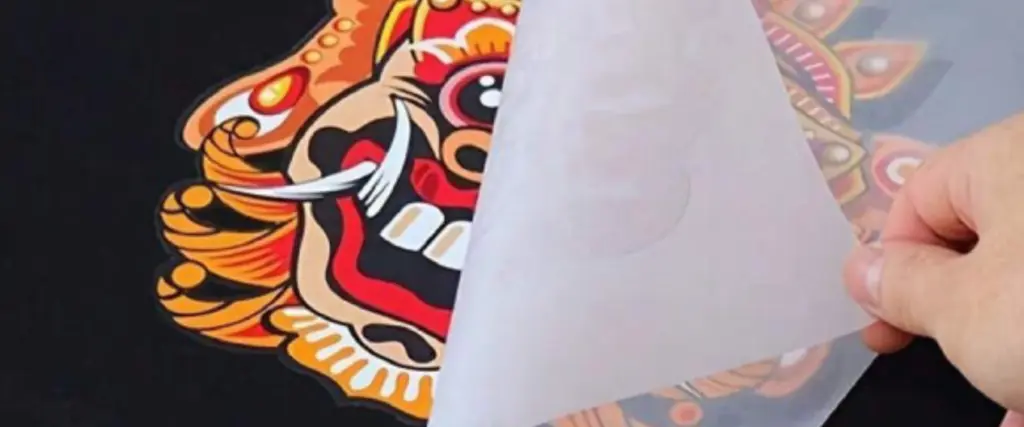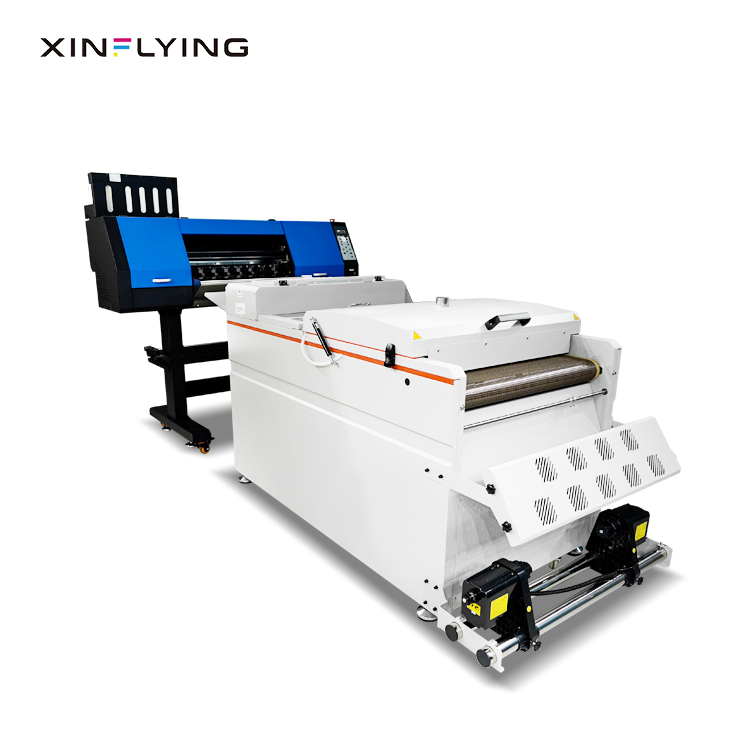
Digital Transfer Film (DTF) printing is an innovative and versatile printing method that has gained popularity in various industries. It involves transferring digital designs onto various substrates, shu jumladan matolar, keramika, va boshqalar. As a revolutionary printing technique, DTF offers businesses the opportunity to create vibrant and detailed prints with exceptional clarity and durability.
O'ngni tanlash DTF printer for your business is a crucial decision that can significantly impact the quality of your prints, production efficiency, and overall success. With a wide range of printers available in the market, it is essential to understand the key factors to consider before making your investment. Ushbu maqolada, we will explore the essential considerations that can guide you in selecting the perfect DTF printer for your business needs.
Sifat va qarorni chop eting

When selecting a DTF printer for your business, print quality and resolution play a vital role in achieving clear and detailed prints. High-resolution prints ensure that images appear sharp, with vibrant colors and fine details. This is especially important for businesses that deal with intricate designs, logotiplar, or photorealistic prints.
To determine the print quality and resolution capabilities of a DTF printer, it is essential to assess the printer’s print head technology. Look for features such as the number of print heads, nozzle configuration, and droplet size. Multiple print heads and a higher nozzle density often result in faster print speeds and greater color accuracy. Qo'shimcha, smaller droplet sizes can produce smoother gradients and finer details in the prints.
Consider the printer’s ability to deliver consistent colors across different types of substrates and print sizes. Some printers come with advanced color management systems or color profiling options to ensure accurate color representation. Evaluating the print head technology will help you choose a DTF printer that meets your specific print quality requirements.
By prioritizing print quality and resolution, businesses can ensure that they deliver visually appealing and professional-grade prints to their customers. With superior print technology, you can stand out in the market and exceed customer expectations.
Chidamlilik va uzoq umr ko'rish
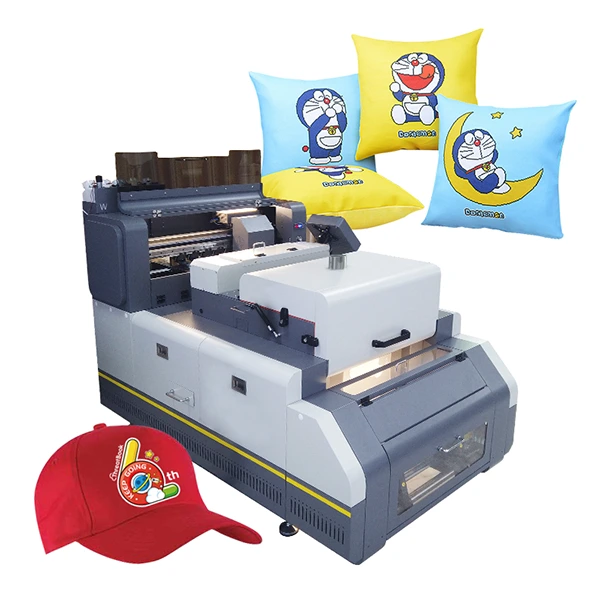
When investing in a DTF printer, it is crucial to consider the build quality and materials used in its construction. A robust and durable printer can withstand the rigors of daily use, ensuring consistent performance and longevity. Look for printers constructed with high-quality materials, kabi sturdy metal frames or reinforced plastic components. Pay attention to the overall build quality, as well as the attention to detail in manufacturing.
Mahsulot talablari yuqori bo'lgan korxonalar uchun, it is essential to select a DTF printer capable of handling heavy workloads. Consider the printer’s duty cycle, which indicates the maximum recommended workload it can handle within a specific time frame. Choosing a printer with a higher duty cycle ensures smooth operations and minimizes the risk of downtime.
Evaluate the printer’s printing speed and throughput as well. A faster printer will allow you to complete orders more efficiently, contributing to increased productivity and profitability. Qo'shimcha, consider the ink system capacity and the availability of bulk ink supply options to reduce downtime for ink cartridge replacements.
By prioritizing durability and selecting a printer that can handle heavy production workloads, businesses can minimize the risk of equipment breakdowns and maximize operational efficiency. Investing in a reliable and long-lasting printer ultimately saves costs in the long run and ensures uninterrupted printing operations.
Software and Compatibility
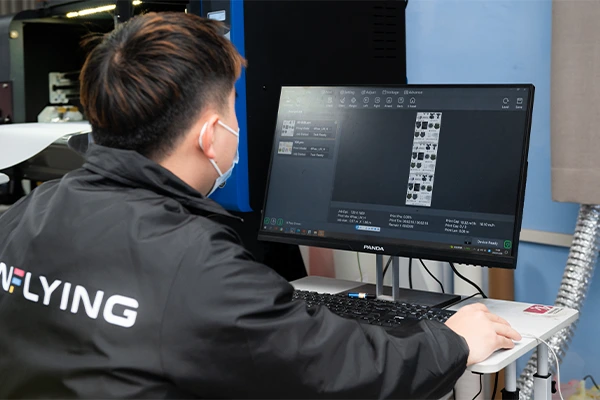
DTF printerini tanlashda, consider the software provided by the manufacturer. Look for printers that come with user-friendly software that offers a seamless and intuitive user experience. The software should have a user-friendly interface, allowing easy navigation and a quick learning curve for new users.
In addition to ease of use, examine the software’s features and functionality. Ensure that it provides comprehensive tools for designing, editing, and managing print jobs. Look for features such as image resizing, color adjustment, layering, and the ability to add text or graphics. Advanced features like color management tools, template libraries, and batch processing can significantly enhance your printing capabilities.
Consider the compatibility of the DTF printer with different design file formats commonly used in the industry, such as JPEG, Png, Tiff, or vector formats like AI or EPS. Compatibility with various file formats ensures that you can accept a wide range of design files from clients, reducing any limitations or conversion requirements.
Bundan tashqari, compatibility with industry-standard design software, such as Adobe Photoshop or Illustrator, makes it easier to work with existing design files and maintain design consistency. Some printers may also offer plugins or integration options with popular design software—making the workflow more seamless and convenient.
By selecting a DTF printer with user-friendly software and compatibility with various design file formats, businesses can streamline their workflow, save time, and effortlessly accommodate their clients’ design needs. This ensures greater flexibility and improved efficiency in delivering high-quality prints.
Ta'minot va qo'llab-quvvatlash
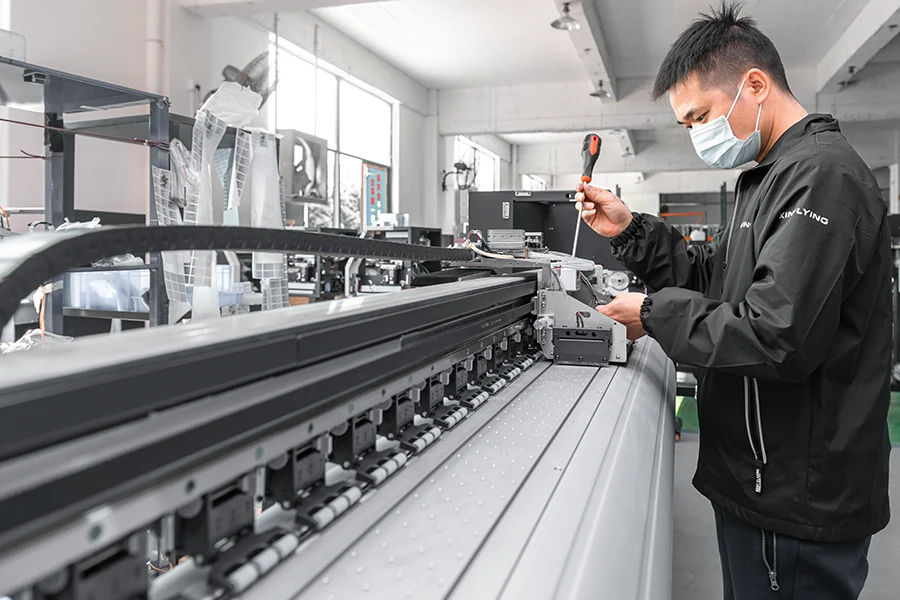
Consider the ease of maintenance when choosing a DTF printer for your business. Look for printers that offer user-friendly maintenance procedures, such as easy access to print heads, DTF siyoh systems, and other components that may require regular cleaning or replacement. The availability of clear documentation and step-by-step instructions can make maintenance tasks simpler and reduce potential downtime.
Qo'shimcha, evaluate the required technician expertise. Some printers may require specialized training or technical knowledge to perform maintenance tasks effectively. Assess whether your team has the required expertise or if additional training would be necessary to ensure proper printer maintenance.
Reliable customer support is crucial when investing in a DTF printer. Ensure that theDTF printer ishlab chiqaruvchisi offers responsive and knowledgeable customer support services. This includes technical assistance for troubleshooting, any questions or concerns that may arise during operation, and prompt responses to inquiries. Check customer reviews and testimonials to gauge the manufacturer’s reputation for providing excellent customer support.
Bundan tashqari, inquire about warranty coverage and the availability of service contracts or extended warranties, which can provide added protection and peace of mind. A manufacturer with a robust support system can provide timely solutions to any operational issues, minimizing potential disruptions to your printing workflow.
By considering the ease of maintenance and the availability of reliable customer support, businesses can ensure that their DTF printer is well-maintained and supported throughout its lifespan. This helps maintain consistent print quality, reduces downtime, and increases overall operational efficiency.
Cost and ROI
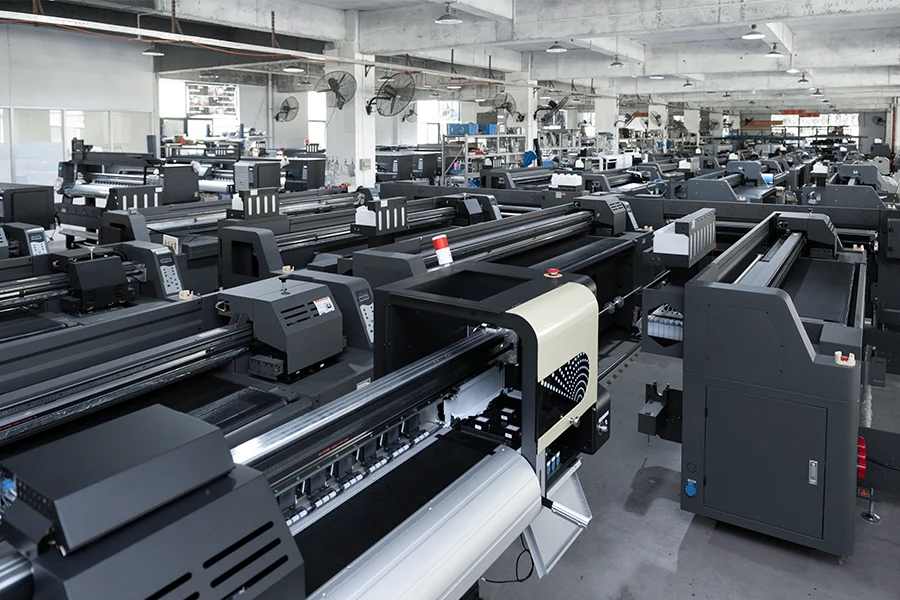
When choosing a DTF printer for your business, Bu juda muhim assess the initial investment cost. This includes not only the cost of the printer itself but also any additional accessories, dasturiy ta'minot, and maintenance requirements. Consider your budget and compare the costs of different printer models to find the one that best suits your financial capabilities.
Biroq, it is crucial to remember that the initial investment cost should not be the sole determining factor. Cheaper printers may have limitations in terms of print quality, chidamlilik, or functionality. Balancing cost with other factors, such as print quality and long-term productivity, will help you make a more informed decision.
To assess the potential return on investment (ROI) of a DTF printer, consider factors such as your expected production volume and the pricing you can charge for your products. Evaluate the printer’s capability to handle your projected volume efficiently and its impact on your overall productivity.
Determine the profit margins for your products and calculate how many units you would need to sell to recoup the initial investment cost of the printer. It is also important to consider the time saved and the reduction in outsourcing costs that the DTF printer can provide, contributing to increased profitability.
Qo'shimcha, factor in any potential growth opportunities and how the printer’s capabilities align with your business goals. A printer that can accommodate new products, larger print runs, or varied substrate options may provide a higher ROI in the long term.
By carefully evaluating the initial investment cost and calculating the potential ROI based on production volume and pricing, businesses can make a financially sound decision when choosing a DTF printer. This ensures that the printer not only meets their immediate needs but also contributes to long-term profitability and growth.
Xulosa
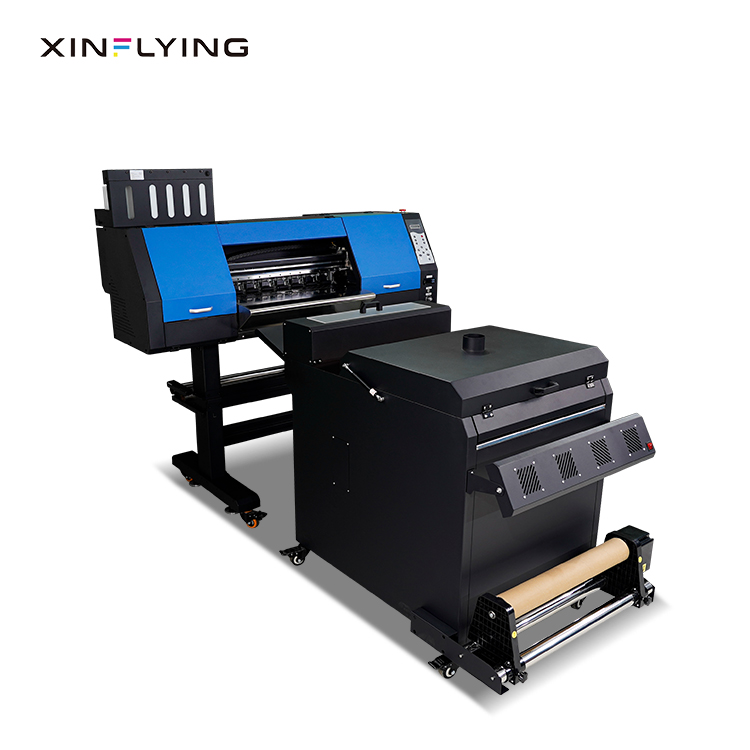
Yakunida, selecting the right DTF printer requires careful consideration of various factors. Bilan assessing print quality, chidamlilik, Dasturning muvofiqligi, Ta'minot talablari, and financial implications, businesses can make an informed decision. Thorough research and comparison are necessary for finding a printer that aligns with your unique needs, ensuring long-term success in the dynamic and demanding printing industry.

